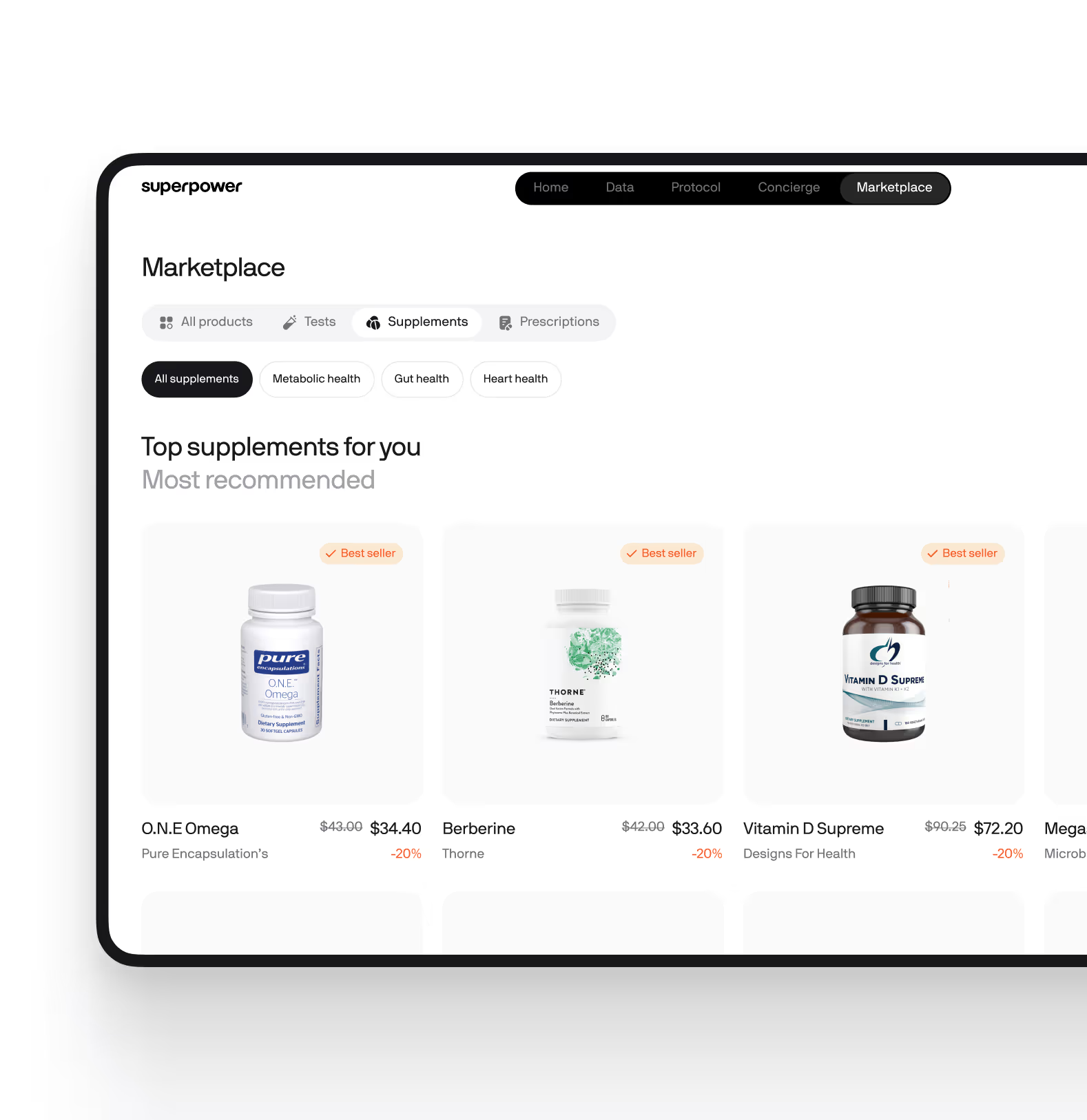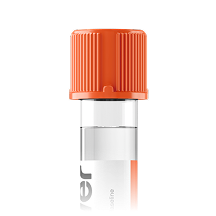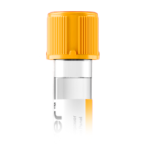Key Insights
- Understand how this test reveals your body’s current biological state—whether it’s exposure, imbalance, or cellular activity related to health and disease.
- Identify thyroid peroxidase (TPO) antibodies that can signal autoimmune thyroid activity often found alongside thyroid nodules and some thyroid cancers.
- Learn how factors like genetics, iodine intake, smoking status, infections, and medications or supplements may influence antibody levels and thyroid tissue biology.
- Use insights to guide personalized next steps with your clinician, such as refining risk assessment for a thyroid nodule or planning pre- and post-operative care.
- Track how your results change over time to monitor stability, flare, or resolution of autoimmune activity that can affect cancer evaluation.
- When appropriate, integrate this test’s findings with related panels (e.g., TSH, free T4, thyroglobulin and anti-thyroglobulin antibodies, calcitonin, and imaging) for a more complete view of thyroid cancer risk and follow-up.
What Is a TPO Antibody Test?
A TPO antibody test measures autoantibodies directed against thyroid peroxidase, an enzyme that helps your thyroid build hormones. It uses a small blood sample. Most laboratories use immunoassays (such as chemiluminescent or ELISA methods) to quantify the result, reported in international units per milliliter (IU/mL). Your value is compared to a lab-specific reference interval to determine whether it is considered negative, borderline, or positive. Because methods and cutoffs vary by manufacturer, the same person may see slightly different numbers across labs; clinical interpretation should always use the reference range printed on the report.
Why this matters: TPO antibodies indicate an immune response against thyroid tissue. In the setting of thyroid cancer, this immune activity can shape the “terrain” around a nodule or tumor—impacting how nodules look on ultrasound, what shows up on biopsy, and how blood tumor markers behave. Testing provides objective context that helps clinicians interpret thyroid findings more precisely and can reveal background biology that is not obvious from symptoms alone.
Why Is It Important to Test Your TPO Antibodies?
TPO antibodies connect the immune system to thyroid structure. When present, they often reflect chronic lymphocytic thyroiditis (commonly called Hashimoto’s thyroiditis), which can coexist with thyroid nodules and some differentiated thyroid cancers. This immune backdrop influences inflammation, cellular turnover, and hormone synthesis. In practical terms, measuring TPO antibodies can help explain why a nodule appears “busy” on ultrasound, why cytology may show lymphocytic changes, or why thyroglobulin levels are lower than expected for gland size. Several observational studies have reported that papillary thyroid cancers detected in the setting of autoimmune thyroiditis tend to be found at smaller sizes with fewer aggressive features—though findings are mixed and antibodies alone do not determine risk.
Zooming out, TPO antibody testing supports prevention and outcomes by adding clarity to risk stratification, preoperative planning, and long-term surveillance strategies. Regular measurement is not about “passing” or “failing”; it is about seeing where your immune-thyroid interaction sits, how it shifts over time, and how it may influence the interpretation of other cancer-relevant markers (like thyroglobulin or calcitonin) and imaging. This helps you and your clinician align decisions with your biology, not just your symptoms.
What Insights Will I Get From a TPO Antibody Test?
Your report typically shows a numeric value with an interpretation (negative, borderline, or positive) against the lab’s reference range. “Normal” generally means within the typical range for a broad population; “optimal” is more contextual and refers to a pattern associated with lower long-term risk in your specific clinical scenario. Context matters: a mildly elevated result may be meaningful in a person with a suspicious nodule, while the same value may be less informative in someone with a stable, normal ultrasound and no nodules.
When TPO antibodies are negative or low, it suggests little to no detectable autoimmune activity against thyroid peroxidase. In a cancer-focused evaluation, that can mean fewer immune-related confounders when a clinician interprets other markers. When positive, it points to an autoimmune milieu that can alter tissue architecture and biomarker behavior. This immune activity does not diagnose cancer, but it helps explain why nodules look and behave a certain way and can refine risk assessment when combined with imaging and cytology.
Higher values may indicate more active autoimmune thyroiditis, which can coexist with papillary thyroid carcinoma and shift the appearance of both ultrasound and biopsy findings. Some research links coexisting thyroiditis with more favorable staging at diagnosis, yet this is not universal and should not be overinterpreted. Lower values do not rule out cancer. Importantly, TPO antibodies are not a primary surveillance marker after thyroid cancer treatment; thyroglobulin and anti-thyroglobulin antibodies play that role for differentiated thyroid cancers, while calcitonin is used in medullary disease.
Limitations and practical considerations: assay methods differ by lab, so trends are reliable when you test with the same laboratory over time. High-dose biotin supplements for hair and nails can interfere with some immunoassays, potentially skewing results. Pregnancy, postpartum changes, and other autoimmune conditions can shift antibody levels. Acute illness can transiently affect immune markers. These are reasons for a clinician to interpret your number alongside ultrasound, fine-needle aspiration results, thyroid function tests, and cancer-specific markers. The real power of the tpo antibody test is pattern recognition over time—integrated with your history and other labs to support detection, clearer decisions, and steadier long-term follow-up.
.avif)

.svg)








.avif)



.svg)





.svg)


.svg)


.svg)

.avif)
.svg)










.avif)
.avif)



.avif)







.png)